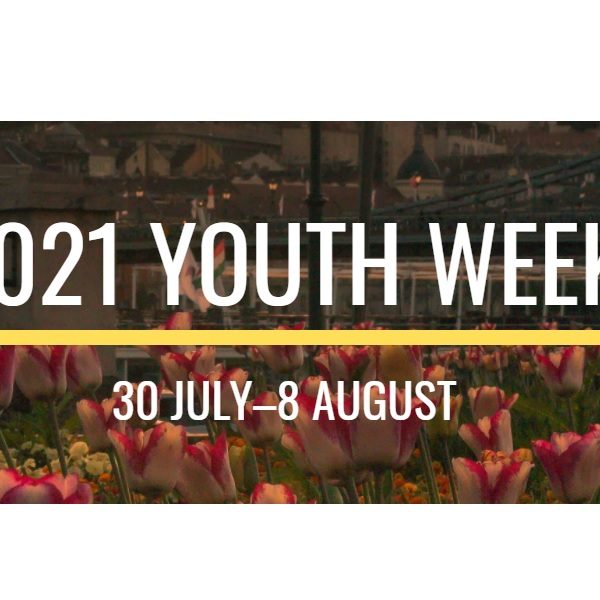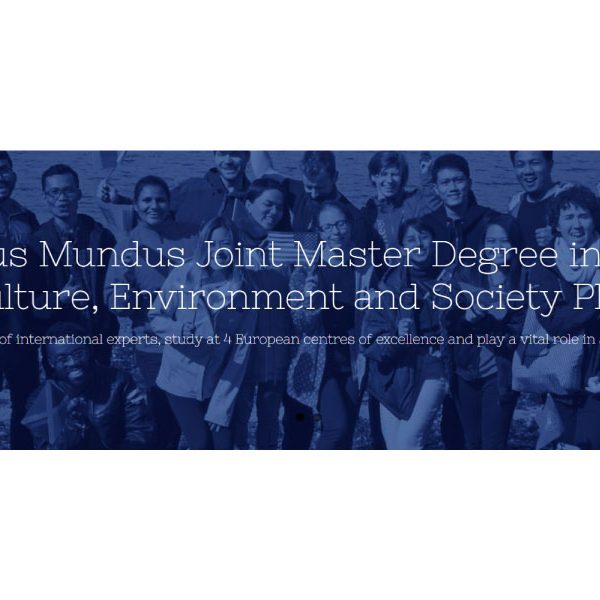
This is the final part of the short series of true EVS stories. The idea behind this series was for young people to understand what EVS actually is, and to hear that there is information that is actually hidden behind the official statistics.
«2.4. Practical arrangements
The Receiving Organisation must take care of the practical arrangements in order to support and guide the volunteer from the moment of his/her arrival in the host country. The volunteer is entitled to free board and lodging. Her/his accommodation must remain available for her/him throughout the entire service period, including holidays. The Receiving/Coordinating Organisation must ensure that the volunteer can live in safe and clean accommodation and can eat sufficient and healthy food».
M: The accommodation conditions were surprisingly bad. All volunteers lived in a house with 2 rooms that had four bunk beds each. There was no kitchen and no hot water. We had to use a fireplace and had our dinner in the other place nearby. The kitchen there had no doors so sometimes we could see the cats on the dining table. But the worst was that the boss treated us like workers, not like volunteers.
S: One of my biggest challenges was the living situation. In a few months, we moved three times to different apartments and I have been living under bad circumstances. The apartments were super dirty, everything was broken, it was very poor equipped (I have lived without a bed, fridge, shower, washing machine…), and we had to buy a lot of stuff with our own money.
K: When I came back after being at home to take my stuff, I discovered that my room was used by other people and some of my private valuable things and money were stolen. When I went to the police nobody came with me. I didn’t get any translation help, and finally, the police tried to blackmail and frighten me. I wrote all the facts about the hosting organization to the National Agency. As a result of that report, the husband of the NGO director physically attacked me.
«2.6. Volunteer’s tasks
The volunteer should be encouraged to use her/his own ideas, creativity and experience to develop his/her own projects or activities relating to the work of the Receiving Organisation. Any changes in the project and in the volunteer’s tasks, areas of responsibility, support and training must remain in line with the general setup of the agreed and approved project and must be agreed between the volunteer and the Receiving Organisation».
S: There was no guidance at all in my organization. My project coordinator quit his job (and was replaced several times, with some gaps in between), along with multiple colleagues. I work in a youth center, and it closed down for 3 months for a summer holiday. Nobody ever told me this. I had no job to do and I was alone. I still had to be at work, but the place was being renovated, so it was a huge mess, with a lot of noise, and there was no water and no toilets. Nobody was at work and I couldn’t reach anyone from the organization with my questions. I could have been dead for weeks and nobody would have noticed.
I am still here, but I am thinking about leaving. Just recently, my host organization made up some new rules that I am not allowed to be in contact with other organizations. Also, they took away my keys, so I don’t have access to my workplace anymore. I have to ask the new project coordinator (or is it a prison guard?) for keys to use the bathroom or to go to an office. They don’t trust me at all, although I never did something that could have to make them question my honesty. I feel like they are just trying to ruin my project, and for me, this is another drop in my already overflowing bucket.
A: I was supposed to work for nine months on my project, from January until the end of September. I stayed only five months. The biggest challenge that I had to face during my EVS was the lack of communication with those who were responsible for us. When it came to our activities, I had this feeling of frustration from the very beginning. Everyone was so busy when I wanted to make my own project. So after a while, when it was clear that there was nothing to do about it, I just started thinking about something else. And soon after I left to my home country.
C: The challenges I had during my EVS experience were many: sharing an apartment, fixed schedule, constant office work, time and space pressure, incompetent coordinator and organization staff, bad and problematic EVS project and volunteer management, irritating colleagues, not supportive and cooperative environment, not convenient working conditions: super cold and noisy room. Things the agreement promises us were not being followed at all. All this caused for me to make the final decision – leave the project. Ah, and besides all this, there were some others reasons as well: an intolerable attitude of the NGO staff or coordinating team – bossing, pressurizing, commanding, time and space control regardless the sufficient work outcome, and most of all – absence of learning process.
At the end, we asked the volunteers one simple question «What lessons did you learn from this experience?». And the answers proved once and again that any experience simply couldn’t be bad, as it teaches you something new or makes you understand better things you would never have a chance to discover before.
- International volunteering is not for me. EVS is not very promising and efficient project, and national agencies fail to conduct the necessary control or supervising the involved parties.
- I believe the granted programs are useless when nobody cares where exactly the money goes and how they are used. There is a huge hierarchy in this kind of projects and a volunteer just on a paper is a partner, but in reality is somebody who is lower and has to fulfill commands from above.
- EVS is not a completely voluntary program. Some organizations are making EVS projects just for money. But when you have a good organization, your volunteer life can be great.
- There should always make a proper research of the organization or institution, and most importantly its staff, before starting any cooperation.
- I’ve learned a lot; good or bad, the learning opportunities are there for you. Of course, I was the only one responsible for my learning process and this is one of the main characteristics of my EVS. To be honest, I would LOVE to do EVS all over again, this time making sure that I am choosing the right organization for me.
- Nothing in life lasts forever and we have to make the best out of everything.
- Everything is in the mind. You can run far, but you can’t run from yourself.
Contributed by Iryna Kolotylo – volunteer in RAIZVANGUARDA-Associação Cultural, Portugal
Photos by Marta Kolotylo




